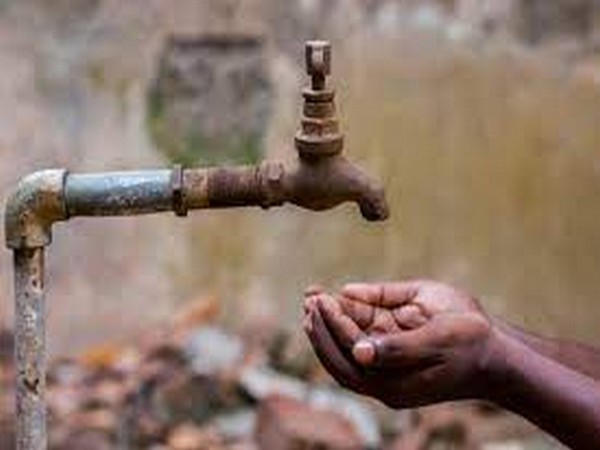Pakistan Battles Severe Water Contamination Crisis
Pakistan faces a significant water pollution issue, with toxic metals and microbes contaminating drinking water. Gilgit-Baltistan reports 100% water contamination, and other regions show alarmingly high levels of unsafe water. The crisis calls for urgent improvements in water management and infrastructure.

- Country:
- PoGB
Pakistan is grappling with one of the most severe water pollution crises in South Asia, as drinking water across the nation is tainted with toxic metals and harmful microbes, frequently surpassing WHO's recommended safety limits. A recent report by The Express Tribune revealed that all water samples from Pakistan-occupied Gilgit-Baltistan (PoGB) are contaminated, making the water unsafe for consumption.
The contamination issue is widespread, affecting cities beyond Gilgit-Baltistan. In Sindh, including Shaheed Benazirabad, water samples are also deemed unfit for human consumption. According to the Pakistan Ministry of Water Resources, Karachi shows a staggering 93 percent contamination in drinking water. Badin and Bahawalpur follow closely with 92 percent and 94 percent contamination levels, respectively.
The crisis extends to other regions, with Sargodha reporting 83 percent contaminated water, Faisalabad 59 percent, and Sheikhupura 60 percent. The percentages rise again in Hyderabad (80 percent), Sukkur (67 percent), and Muzaffarabad (70 percent). Abbottabad and Khuzdar each report 55 percent contamination, while Loralai and Quetta are at 59 percent. The Pakistan Council of Research in Water Resources (PCRWR) consistently monitors these alarming levels, frequently highlighting severe contamination issues.
In Karachi, a report from the Karachi Water and Sewerage Corporation (KWSC) revealed that 90 percent of 137 water samples lacked necessary chlorine, contributing to 11 deaths from the brain-eating amoeba, Naegleria fowleri, last year. The KWSC lab also found E. coli and Vibrio cholera contamination in the Malir district, indicating sewage and animal waste in the water supply.
In PoGB, water quality remains a severe public health concern, leading to frequent outbreaks of waterborne diseases such as cholera, dysentery, and parasitic infections. The region's inadequate sanitation infrastructure exacerbates these issues, underscoring the urgent need for enhanced water management and infrastructure improvements. (ANI)
(With inputs from agencies.)
ALSO READ
Urgent Call for Fire Safety Reforms in Karachi's Building Sector
Karachi Grapples with Gas Crisis Amid Chilling Winter
Pak's Karachi reports around 9,000 accidents, 771 deaths in 2024
Karachi Protests: A Stand Against Parachinar Killings
Karachi Protests Escalate: Nationwide Solidarity for Parachinar










